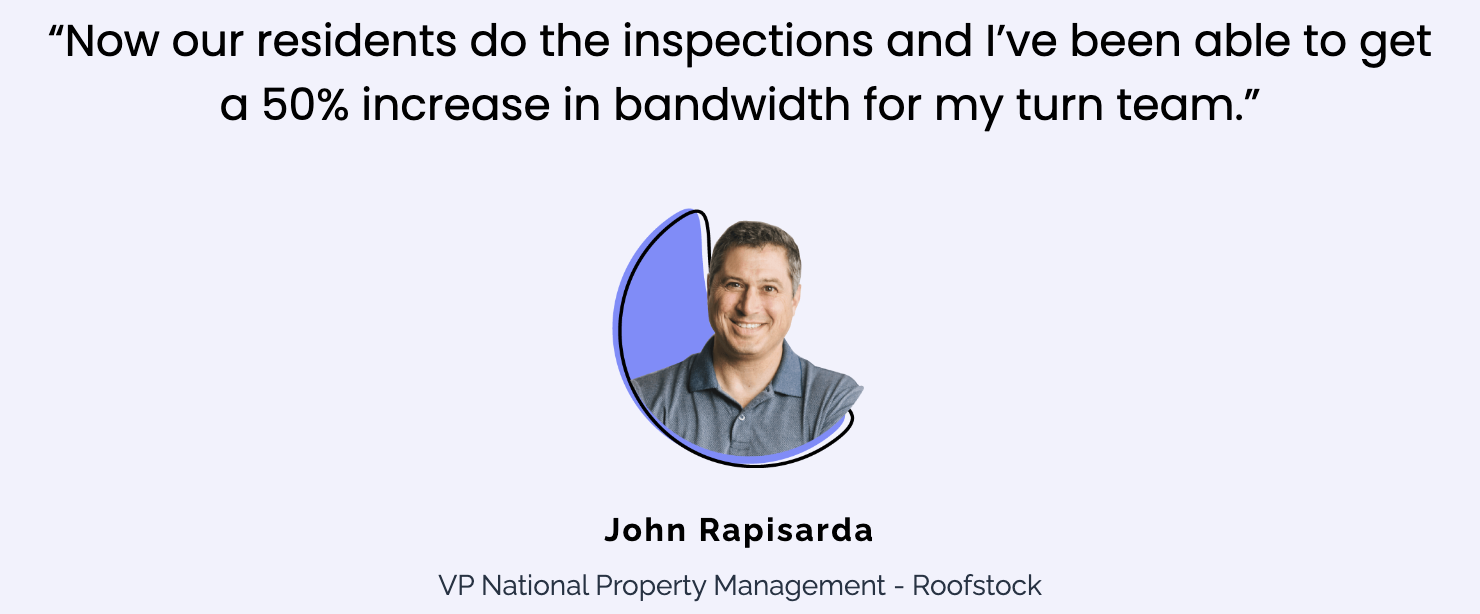Whether it’s partnering for a single deal, a lot of deals, or an entire business, partnerships may provide immense gains — but they can also pose substantial risk. In fact, the biggest reason most startups fail is… can you guess it? Founder’s quarrels.
I’ve seen partnerships that have enabled the individual partners to garner greater success than either of these might have attained individually. And I’ve seen partnerships that have blossomed into powerful long-term ventures that have lasted decades and made the partners both very wealthy. Personally, I’ve had a trusted partner in every business I’ve started. Some of you already know this about me, but Latchel is actually my 3rd business venture. In my first business, I launched a mobile ordering application with a friend from college. (We started as roommates and became best friends. The same way that I met my 3rd business partner Will Gordon, COO at Latchel.) In my 2nd business, I launched an e-commerce company that used Amazon FBA for fulfillment. We sold photography accessory products for smartphones. I launched that business with a co-worker turned best friend and we built that company to over $1MM in revenues in our first year.
On the flip side, I’ve also seen partnerships tear apart friendships. I’ve seen partnerships lead to legal disputes. And I’ve seen partnerships that have contributed to family feuds and huge amounts of lost money.
My experience has helped me to develop an intuitiveness around whether potential partners will be good or not so good for my enterprise. I’ve learned this by bringing in managers into the companies I’ve run that didn’t work out so well.
I’ve hired sales managers that tanked our numbers. I’ve hired general managers that brought profitable businesses to negative losses. There are some definite questions that I like to ask myself before considering working with any partner, and it’s the answers to all those questions that will lead me away from that partnership.
Here are the five big questions I like to ask myself before considering working with someone as a partner or co-executive.
1. Do we have a history together?
While not all partners would be the best of buddies, a venture does imply spending a ridiculous amount of time with someone else. As I’m sure most of us agree, locating a person that we are comfortable spending inordinate amounts of time with is not always simple. Even our closest friends can be difficult to be around sometimes.
Spending lots of time with somebody requires that each party has trust and respect for one another, that each party recognizes the other’s boundaries, and that each person has an intuitive sense of if the other person is swimming along confidently or starting to drown. This sort of relationship isn’t common and can not be forced.
All of my business partners have been or become lifelong friends. That doesn’t have to be the base requirement. However, having a background with someone is a good barometer for if we’ll have the ability to stay together when tough decisions need to be debated and if tensions rise. If you haven’t seen somebody at their worst–if they have been faced with a major setback, coped with disappointment, or been frustrated in an uncontrollable event–you may find yourself regretting the partnership when items aren’t going so well.
2. Do we agree on the vision?
Let us assume your venture makes a million bucks annually. What would you do with this money? Pay out the partners $500,000? Invest that money into income-producing resources and generate passive income flow for the rest of your life? Put the cash back into the company and attempt to make five million the next year?
I can not tell you how many times I have seen partners attain short-term success, only to begin fighting over what to do next. One partner wants to scale the company up; the other person wants to work less and put things on autopilot. Occasionally it’s longer-term success that is the problem — one executive wants to build a legacy to pass down to his kids, while the other would like to sell the organization and cash out.
Sometimes the debate is on how to take care of a failing company. I’ve seen partners shed thousands and thousands of dollars in a business and then argue whether to sink more money into the venture or close it down.
And sometimes the debate is simply over whether to market the latest flip for $250,000 or $255,000. Yes, some partnerships struggle over trivial issues like this.
If you would like to create a successful partnership, the partners must share a common vision–not only for the first year or the initial project, but for your second, fifth, and tenth also. Without a common vision, the venture will gradually fail. Before focusing on any venture collectively, here are some things you’ll want to discuss:
-
How long do we expect this venture to last?
-
What’s the end-goal for the partnership?
-
Just how much money do we expect this to cost, and how far are we prepared to fund?
-
How much time do we each want to and hope to operate on a weekly basis?
-
What should occur if Plan A becomes derailed?
3. Who is in charge?
Too frequently, I see cofounders who try to create a completely democratic business arrangement –every detail is discussed and every choice is voting upon. Even though this may be optimal from a partnership standpoint–equivalent partners having equal say in every component of the venture –that is not optimal from a business perspective.
Imagine two captains on a boat vying to control the wheel. Even with a shared vision and common objectives, multiple captains hoping to push the boat will finally be unsuccessful. This is why one executive is appointed as the CEO.
If the venture can’t agree upfront which of the partners will be driving the ship, this is not a venture prepared to be launched.
4. Can I work for them? Would I hire them?
We like to think of our partners as our equals in the business. When it comes to a few things –like split of equity, advantages, etc.–that could be the case. However, as stated above, one of the executives must be CEO and there are going to be plenty of situations where the other founder is driving a specific part of the business and making the majority of the decisions.
This means you will usually be taking direction from your partner, no different than if he or she were your boss.
With this in mind, you need to ask yourself whether your potential partner is somebody you would be willing to work for. In case the answer is no, you should reevaluate the partnership. Likewise, you need to ask whether your potential partner is someone you’d want to work for you. And , if the answer is no, it could be time to rethink the relationship.
5. What are our different skillsets?
It happens all the time–best buddies, same background, same vision, trying to partner up to create the next big real estate empire. It would seem that they assess all the boxes we’ve previously discussed: They’ve a longstanding relationship, they have common goals and vision, and maybe they’re in full agreement on how all of work and duties are divided up.
But there’s a large problem. The partners are too much alike. They have common experience, common skills, the same network of service people, etc.. While working with a person exactly like you has many benefits (from a relationship perspective ), it also has its drawbacks. Two partners using the very same skills still lack a whole group of skills. Two people with little experience still lack experience. And two partners with a similar rolodex are still lacking a great deal of connections.
The best partnerships are built between partners with complementary (i.e. distinct ) sets of abilities, expertise, and networks. One was that the master marketer; the other a quintessential engineer. Great partnerships are successful because each cofounder has the capability to round out the flaws of the other.
















